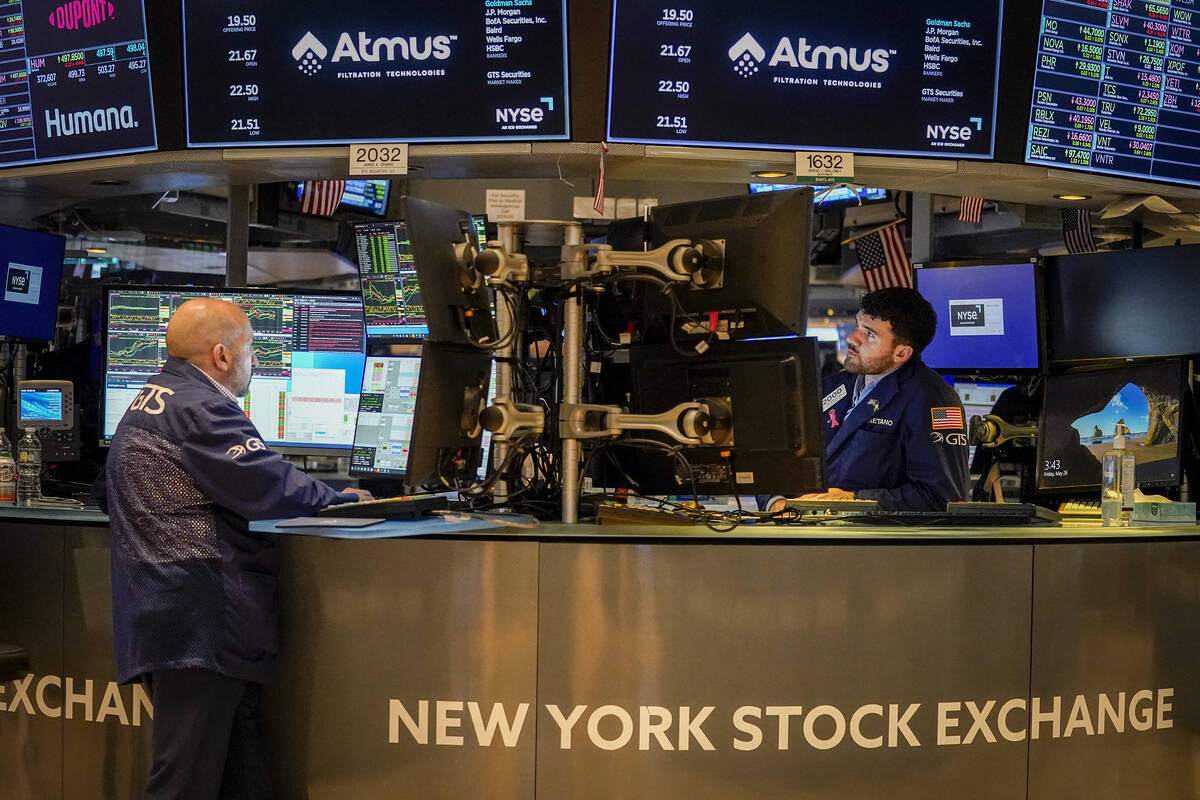COMMENTARY: Markets are partying like there is no tomorrow
Niall Ferguson, the Scottish historian, reminds us that world stock markets failed to anticipate World War I. They failed despite all the clues pointing to a world sleepwalking toward a calamity. They remained buoyant until the war’s outbreak, only to find the European and American stock markets would have to be shut for several months to forestall a total market panic.
Markets also did not cover themselves in glory in the run-up to the September 2008 Lehman bankruptcy that precipitated the 2008-2009 Great Recession. Despite the many signs that the U.S. housing and subprime credit market bubbles were bursting, markets remained buoyant until Lehman failed. They remained that way only to find world stock market prices would fall by the largest amount in the postwar period.
With the geopolitical and economic risks now confronting the United States and world economies, we have to wonder whether today’s buoyant markets will provide another example of markets having failed to anticipate the consequences of downside political and economic risks in plain sight.
At a time when dark storm clouds are gathering, the U.S. stock market is setting record highs.
It would be a gross understatement to say that the world economy is confronted with a combination of major geopolitical risks unlike that seen in decades.
Russia’s invasion of Ukraine is Europe’s largest land war since World War II. Israel’s confrontation with Iran’s Hamas proxy risks spilling over to the rest of the oil-producing Middle East. Yemen’s Houthis are threatening to block access to the Red Sea, so vital for world trade.
Meanwhile, China is displeased with Taiwanese political developments following that country’s recent presidential election. That risks causing a further deterioration in already strained U.S.-China relations and additional problems in the South China Sea.
Unfortunately, severe as these geopolitical risks might be, there is a host of economic risks that could trigger a world economic and financial market crisis.
The United States and Europe are at the start of the bursting of a giant commercial real estate bubble from high interest rates and the increased degree of working at home that followed the COVID-19 pandemic.
China’s economy appears to be on the cusp of a Japanese-style lost economic decade from the bursting of its epic-size housing and credit market bubble. Meanwhile, Europe is going into a recession while the European periphery’s public debt is at a higher level than it was at the time of the 2010 eurozone debt crisis.
As if this were not sufficient reason for concern, it is all too likely that the full effects of the Federal Reserve and European Central Bank’s aggressive interest rate hiking cycle are yet to be felt. Underling this point, the U.S. broad money supply is contracting for the first time since the Fed started publishing this data in 1959.
These are some of the known geopolitical and economic risks that are staring us in the face. However, as Donald Rumsfeld might have said, we should also be mindful about the economic and political unknown unknowns. By now, we should know that all too often unknown risks catch us by surprise.
In 1720, when the South Sea bubble was bursting, Isaac Newton famously muttered that he could calculate the motions of the heavenly bodies but not the madness of the people. We must wonder what he might have made of today’s stock market behavior. At a time when the world is confronted by a combination of unusually large geopolitical and economic risks, it is partying as if there were no tomorrow.
Desmond Lachman is a senior fellow at the American Enterprise Institute. He wrote this for InsideSources.com.

















